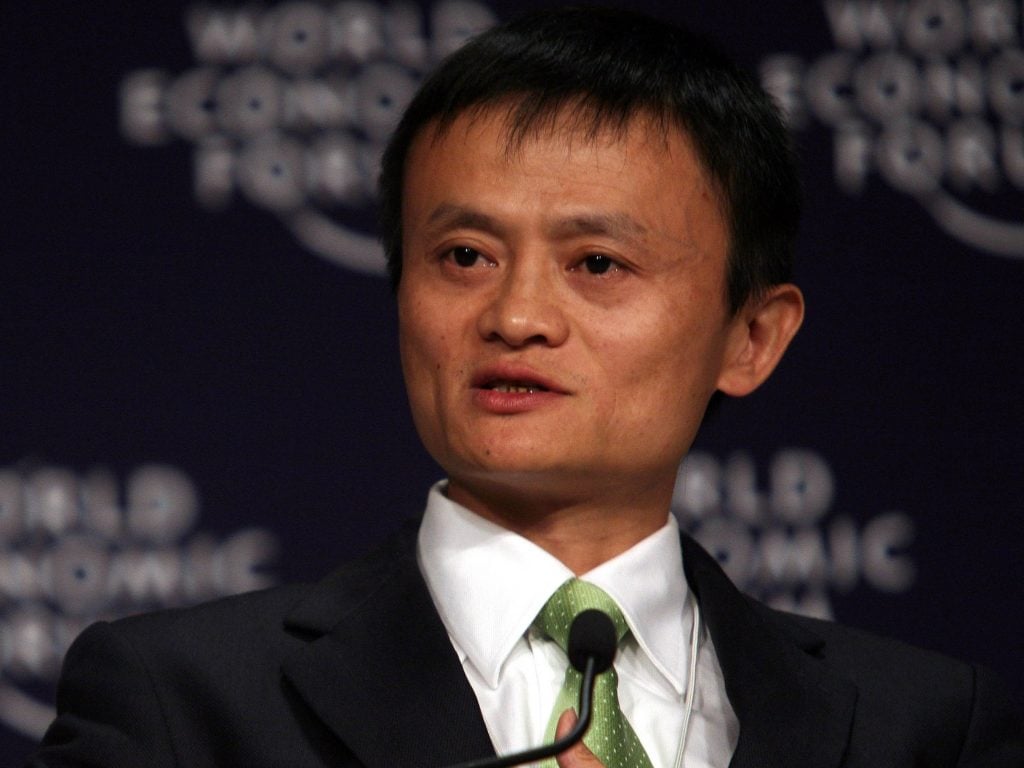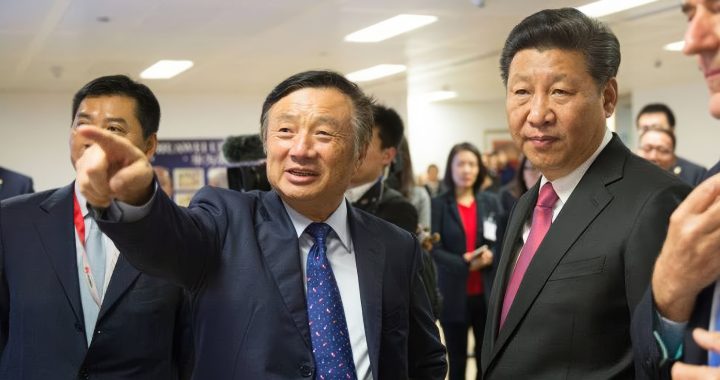Geopolitics is a driver in a new era of cooperation between China’s Government and the country’s high-profile technology billionaires. In some ways it mirrors events in the US.
In the US, we’ve seen Elon Musk’s elevation to a key insider in the Trump Administration, leading the charge to slash the US bureaucracy. Other tech leaders siding with Trump include Oracle CEO Larry Elison, Meta’s Mark Zuckerberg, and former Amazon boss Jeff Bezos.
According to reports, Microsoft CEO Satya Nadella, Google’s Sundar Pichai and Apple’s Tim Cook are out to curry favour with the new Whitehouse administration, and to avoid debilitating backlashes.
Trump’s US$500 billion Stargate alliance with the CEOs of OpenAI, Softbank and Oracle show the extent of new age cooperation with big tech.
Their efforts are becoming more aligned to national goals and national defence needs, such as infrastructure development tied to artificial intelligence.
Across in China, a mirror re-alignment is under way between President Xi Jinping and billionaire leaders of the country’s tech giants.

The history leading to the new Chinese alignment is completely different. To a large extent, it is about the thawing of relations after China’s brutal crackdown on tech companies starting in 2020, which sent companies broke and saw its leaders ostracised.
The result isn’t the same. We’re not seeing the likes of Jack Ma running a CCP bureaucracy. But as in the US, the government is willing to assist Chinese tech giants and their billionaire owners if they are prepared to align their development more with national needs.
This culminated with an historic summit between President Xi and private sector tech leaders including Huawei Technologies Ren Zhengfei, Alibaba Group Holding founder Jack Ma, Deepseek CEO Liang Wenfeng, Tencent Holdings cofounder Pony Ma and Xiaomi Corporation chief Lei Jun.
Baidu’s co-founder and CEO Robin Li was noticeably absent and given that tech’s financial fortunes in China depend heavily on state patronage, the share market wiped US$3.8bn off Baidu’s market value.
But the rest of them had a rollicking time. Bloomberg reports that the free-wheeling days of Alibaba, Tencent, and Didi making massive profits is being replaced by an era of cooperation with government and streamlined goals.
“Xi’s administration has offered its support to companies that are investing in these strategically important sectors,” says Bloomberg in its report.
“The push appeared to be paying off by January when DeepSeek, then a little-known Chinese startup, released a new open-source AI model that rivals or outperforms leading US developers on industry benchmarks.”
“The breakthrough came in spite of US restrictions on Chinese access to the most advanced chips.”
At the summit, Xi told the tech billionaires to “have ambition to serve the country” and to “show their talent”.
Published by Channel News Australia, February 18, 2025
